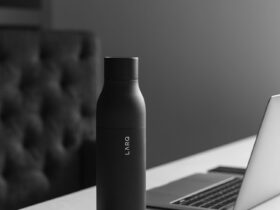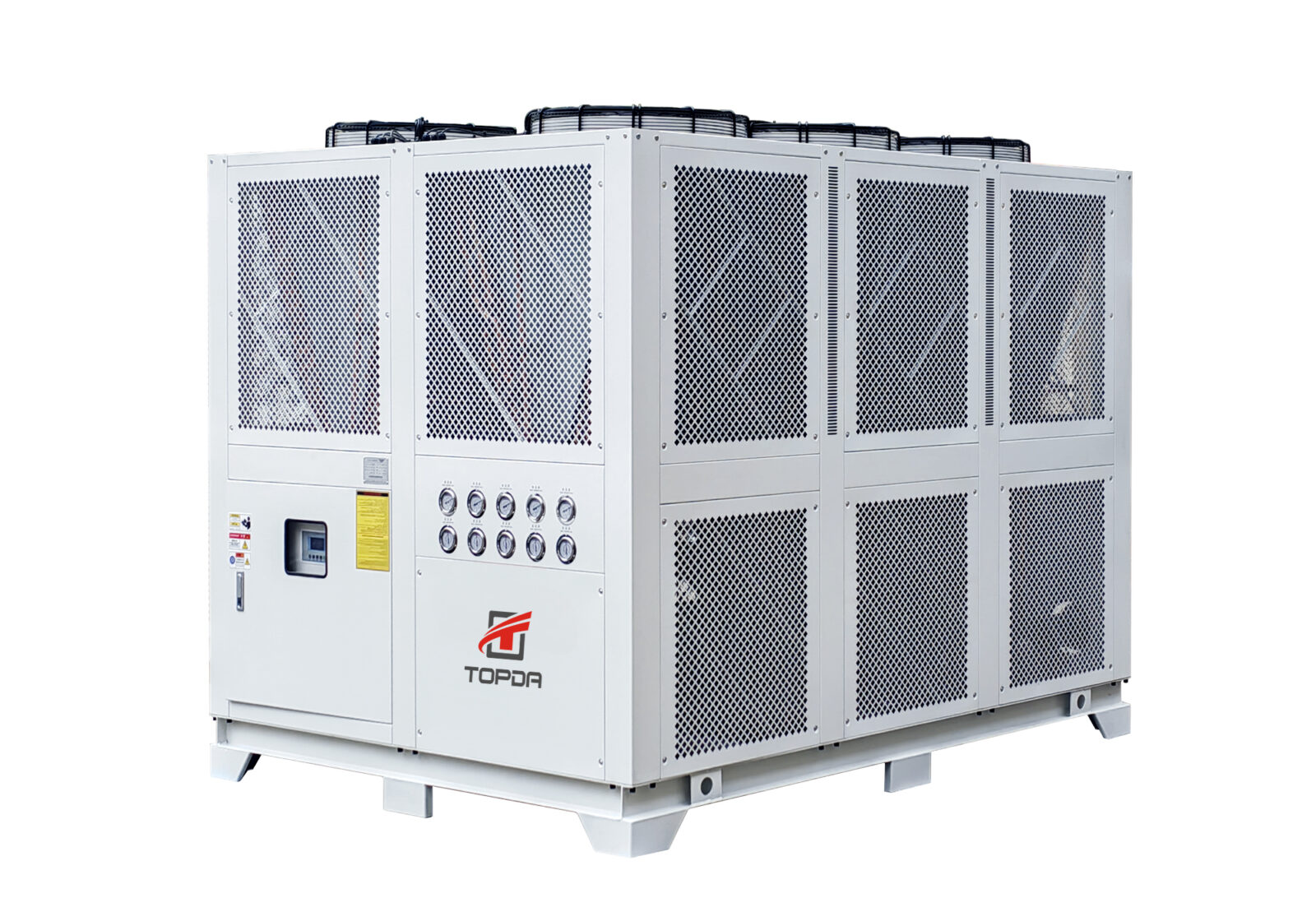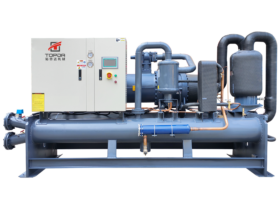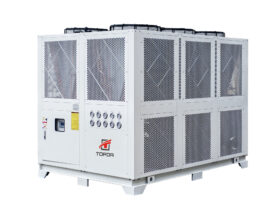
Manufacturers use industrial chillers to regulate the temperature of their equipment, machinery, and processes. These devices are essential in various industries, including food and beverage, pharmaceutical, and semiconductor manufacturing. In this article, we will explore how manufacturers use industrial chillers and the benefits they provide.
Industrial chillers are devices that use refrigeration to cool a fluid, typically water or a water-based solution, to a specific temperature. This cooled fluid is then circulated through a system to cool equipment, machinery, or processes. Manufacturers use industrial chillers for a variety of applications, including:
- Cooling machinery and equipment to prevent overheating and improve performance
- Regulating the temperature of processes to ensure consistent quality and performance
- Providing air conditioning and cooling for occupied spaces
- Supporting laboratory and research applications, such as temperature-controlled storage and testing
There are several types of industrial chillers available, each with its own unique features and benefits. Some of the most common types of industrial chillers include:
- Water-cooled chillers: These chillers use a refrigerant to cool water, which is then circulated through a system to cool equipment and machinery.
- Air-cooled chillers: These chillers use a refrigerant to cool air, which is then blown over a heat exchanger to cool the fluid.
- Brine-cooled chillers: These chillers use a refrigerant to cool a brine solution, which is then circulated through a system to cool equipment and machinery.
- Hybrid chillers: These chillers combine different cooling technologies, such as air-cooling and water-cooling, to provide a more efficient and flexible cooling solution.
Industrial chillers provide several benefits to manufacturers, including:
- Improved equipment performance: By keeping equipment and machinery at the optimal temperature, manufacturers can improve performance, reduce downtime, and increase productivity.
- Increased process consistency: Industrial chillers enable manufacturers to regulate the temperature of processes, ensuring consistent quality and performance.
- Reduced energy costs: Industrial chillers can provide a more efficient cooling solution than traditional air conditioning systems, reducing energy costs and environmental impact.
- Improved safety: By preventing overheating and reducing the risk of equipment failure, industrial chillers can improve safety in the workplace.
When selecting an industrial chiller, manufacturers should consider several factors, including:
- Temperature range: The chiller should be able to cool the fluid to the desired temperature range.
- Cooling capacity: The chiller should be able to provide the necessary cooling capacity to meet the demands of the process or equipment.
- Energy efficiency: The chiller should be energy-efficient to reduce operating costs and environmental impact.
- Maintenance requirements: The chiller should be easy to maintain and repair to minimize downtime and reduce maintenance costs.
In conclusion, industrial chillers are an essential component of many manufacturing processes. By providing a reliable and efficient cooling solution, industrial chillers enable manufacturers to improve equipment performance, increase process consistency, reduce energy costs, and improve safety. When selecting an industrial chiller, manufacturers should consider several factors, including temperature range, cooling capacity, energy efficiency, and maintenance requirements.
Pertanyaan Umum
Q: What is an industrial chiller?
A: An industrial chiller is a device that uses refrigeration to cool a fluid, typically water or a water-based solution, to a specific temperature.
Q: What are the benefits of using an industrial chiller?
A: The benefits of using an industrial chiller include improved equipment performance, increased process consistency, reduced energy costs, and improved safety.
Q: What types of industrial chillers are available?
A: There are several types of industrial chillers available, including water-cooled, air-cooled, brine-cooled, and hybrid chillers.
Q: How do industrial chillers work?
A: Industrial chillers work by using a refrigerant to cool a fluid, which is then circulated through a system to cool equipment and machinery.
Q: What factors should I consider when selecting an industrial chiller?
A: When selecting an industrial chiller, consider factors such as temperature range, cooling capacity, energy efficiency, and maintenance requirements.
Q: Can industrial chillers be used in occupied spaces?
A: Yes, industrial chillers can be used in occupied spaces, such as laboratories and offices, to provide air conditioning and cooling.
Q: Are industrial chillers energy-efficient?
A: Yes, industrial chillers can be energy-efficient, reducing operating costs and environmental impact.
Q: How often should I maintain my industrial chiller?
A: Regular maintenance is recommended to ensure the chiller operates efficiently and effectively. This may include cleaning the condenser coils, checking the refrigerant levels, and performing routine inspections.












Tinggalkan Balasan